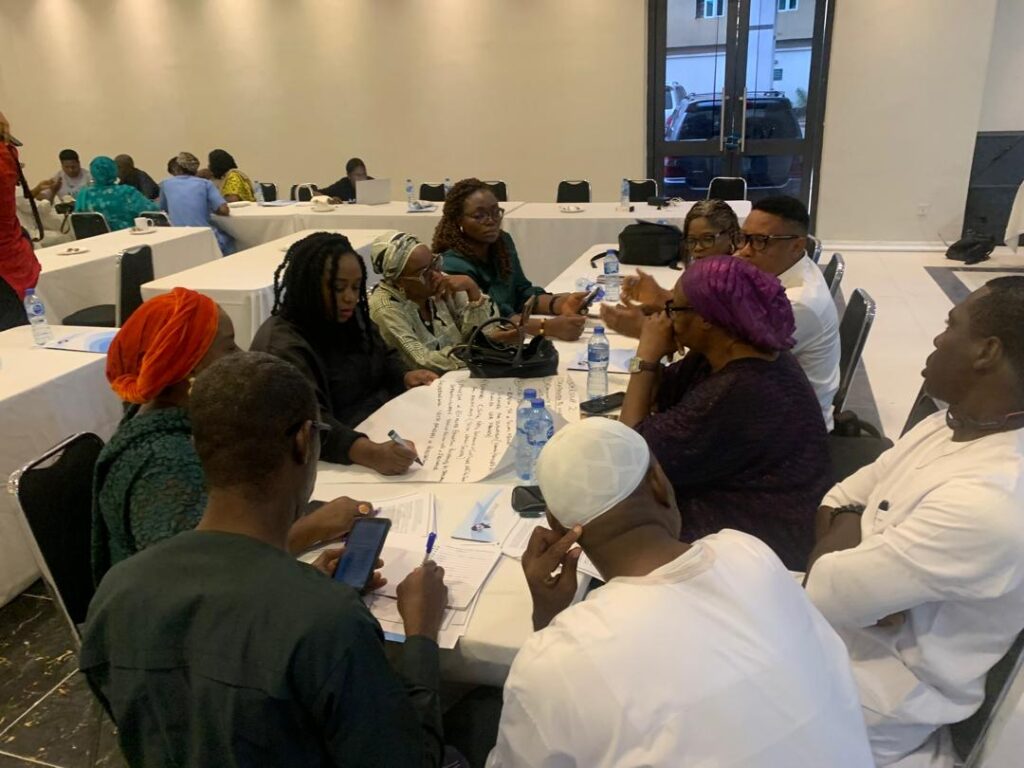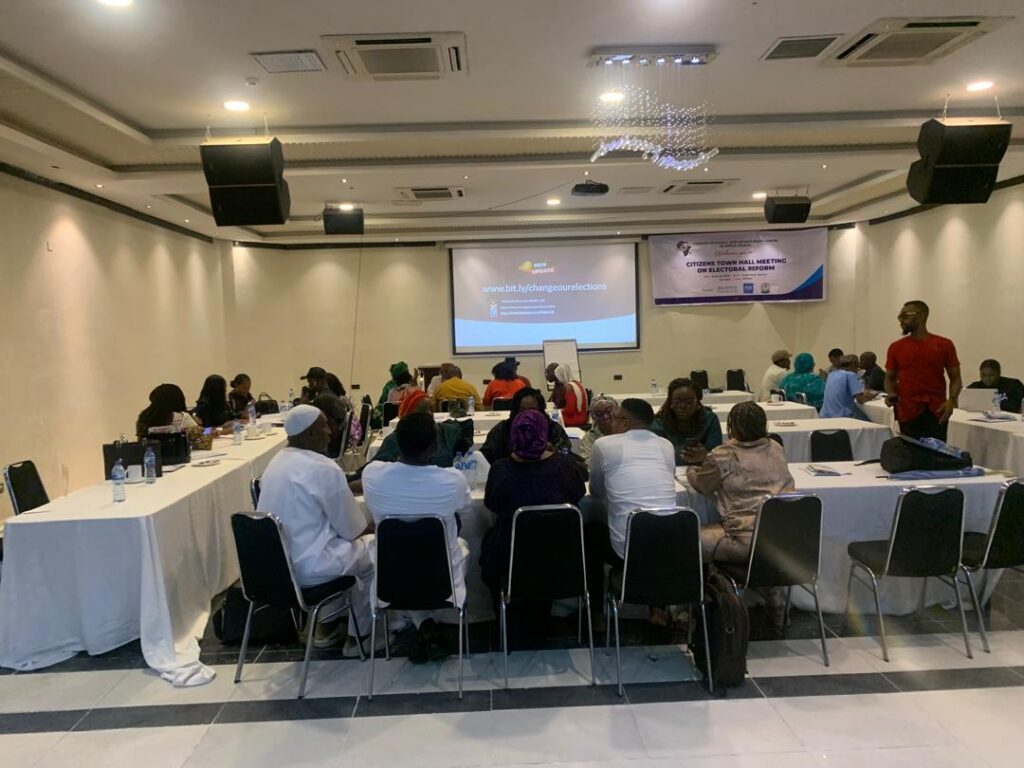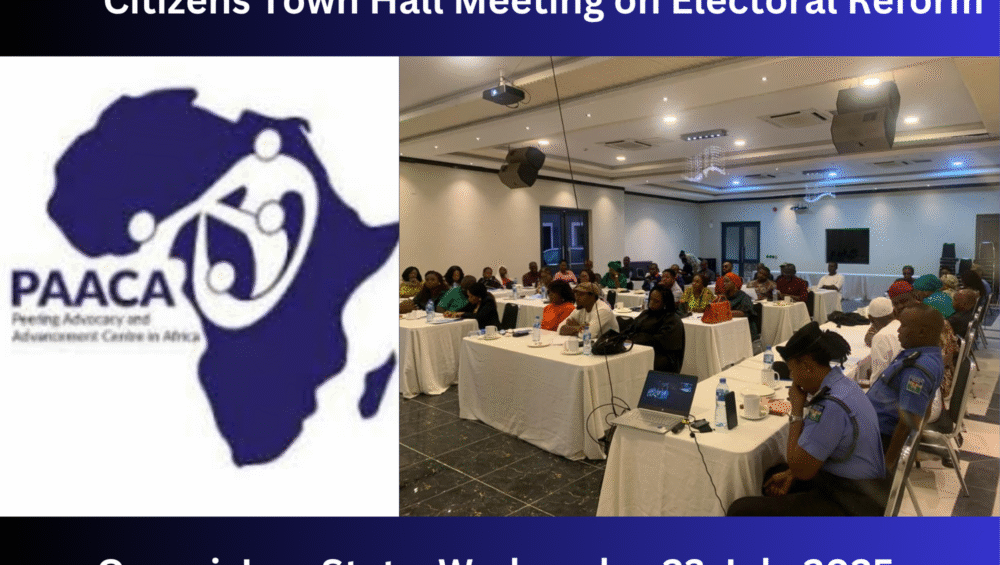By Harriet Ijeomah
Since Nigeria returned to democratic rule in 1999, both the Independent National Electoral Commission (INEC) and the National Assembly have consistently amended the country’s electoral laws before and after each general election. These reforms, aimed at improving the transparency, efficiency, and credibility of the electoral process, have become routine responses to the flaws of previous elections.
However, as reforms deepen, so do the efforts by political actors to bypass them. This paradox came to a head during the 2023 general elections, which despite recording historic outcomes such as increased political diversity in the National Assembly and several electoral upsets across states, left many Nigerians disillusioned. The elections were marred by technological glitches, operational lapses, voter suppression, and non-compliance with electoral laws, dashing the hopes of citizens, especially young people, who once believed in the power of the ballot.
With the 2027 elections on the horizon, many political heavyweights have already begun grassroots mobilization. Yet public trust in the electoral process remains fragile.
In a bid to restore that trust and reawaken civic participation, the Peering Advocacy and Advancement Centre in Africa (PAACA) has held Electoral Reform Townhall Meetings across 18 states in Nigeria. One such townhall was held recently in Owerri, Imo State, on Wednesday, 23rd July, gathering civil society leaders, lawyers, gender advocates, Traditional Rulers, Security Agencies and everyday citizens to demystify electoral reforms and empower citizens with knowledge.

Bridging the Knowledge Gap in Electoral Processes
Speaking at the event, Mr. Ezenwa Nwagwu, Executive Director of PAACA, said the townhall initiative was born out of the organization’s observation after the 2023 elections that many stakeholders, including politically active citizens, lacked a clear understanding of the legal frameworks governing elections, such as the Electoral Act 2022 and INEC guidelines.
“The innovations and improvements made to Nigeria’s electoral laws between 2015 and 2022 are not widely known. In Imo State, we had over 30 participants at this event, but only about four had read or understood the Electoral Act or INEC’s operational manuals,” Nwagwu lamented.
He added that this pattern was consistent in over 18 states PAACA has visited, underscoring a significant civic education gap that the organization aims to fill.
“If we want credible elections, people must first understand the laws guiding the process,” he emphasized.
Nwagwu urged stakeholders and participants to take the knowledge gained at the townhall back to their communities, particularly rural areas, to help widen public awareness and participation.

Stakeholders Emphasize Collective Responsibility
Also speaking at the event, Juliet Okeiyi, Executive Director of Open Arms Initiative, stated that elections are more than one-off events, they are part of a continuous democratic cycle involving candidate selection, campaign activities, voter engagement, voting, collation, and announcement of results.
“The outcome of an election is not just about voting but about how those votes are counted and announced. If the reforms in the Electoral Act are fully implemented and proper systems are put in place to detect and prevent fraud, everyone’s interest will be represented, and that’s a win for democracy,” she said.
Legal and Gender Perspectives
Barr. Ndidi Anike, a legal practitioner, emphasized that electoral reform must involve collaboration between politicians, the judiciary, civil society, and the citizens.
“For 2027 to be different, we must all play our roles. The people need to be aware, motivated, and ready to hold the system accountable,” she noted.
From a gender perspective, Dr. Vivian Dimgba, a gender rights advocate, hailed the townhall initiative as a powerful tool for reawakening citizen consciousness, especially among marginalized groups.
“In 2023, voter apathy was alarming. But through these meetings organized by PAACA, we are reminding the people that power ultimately belongs to them, not the politicians,” she said.
She also emphasized that reforms embedded in the Electoral Act have the potential to address past challenges if citizens and institutions take them seriously.

Peering Advocacy and Advancement Centre is a not-for-profit organization that works to promote and strengthen citizens’ engagement with government institutions. Principally, PAACA programs are targeted at increasing social accountability movement, Youth and Gender inclusiveness, support and promoting electoral reforms, legislative engagement, and advancing anti-corruption campaigns. Read More About PAACA





